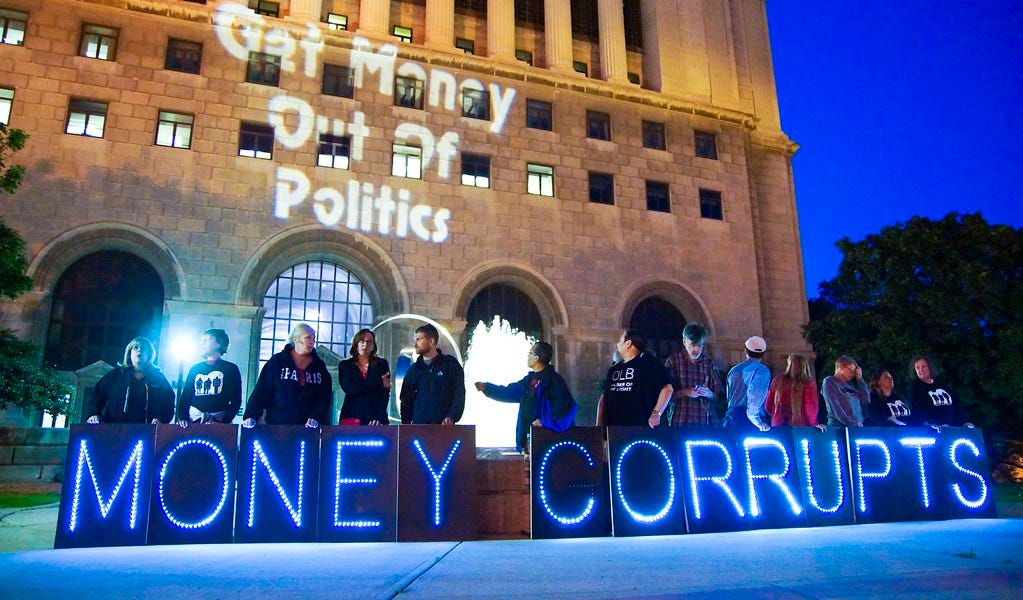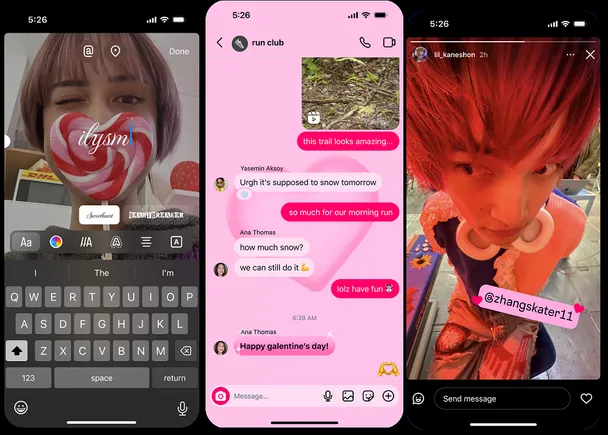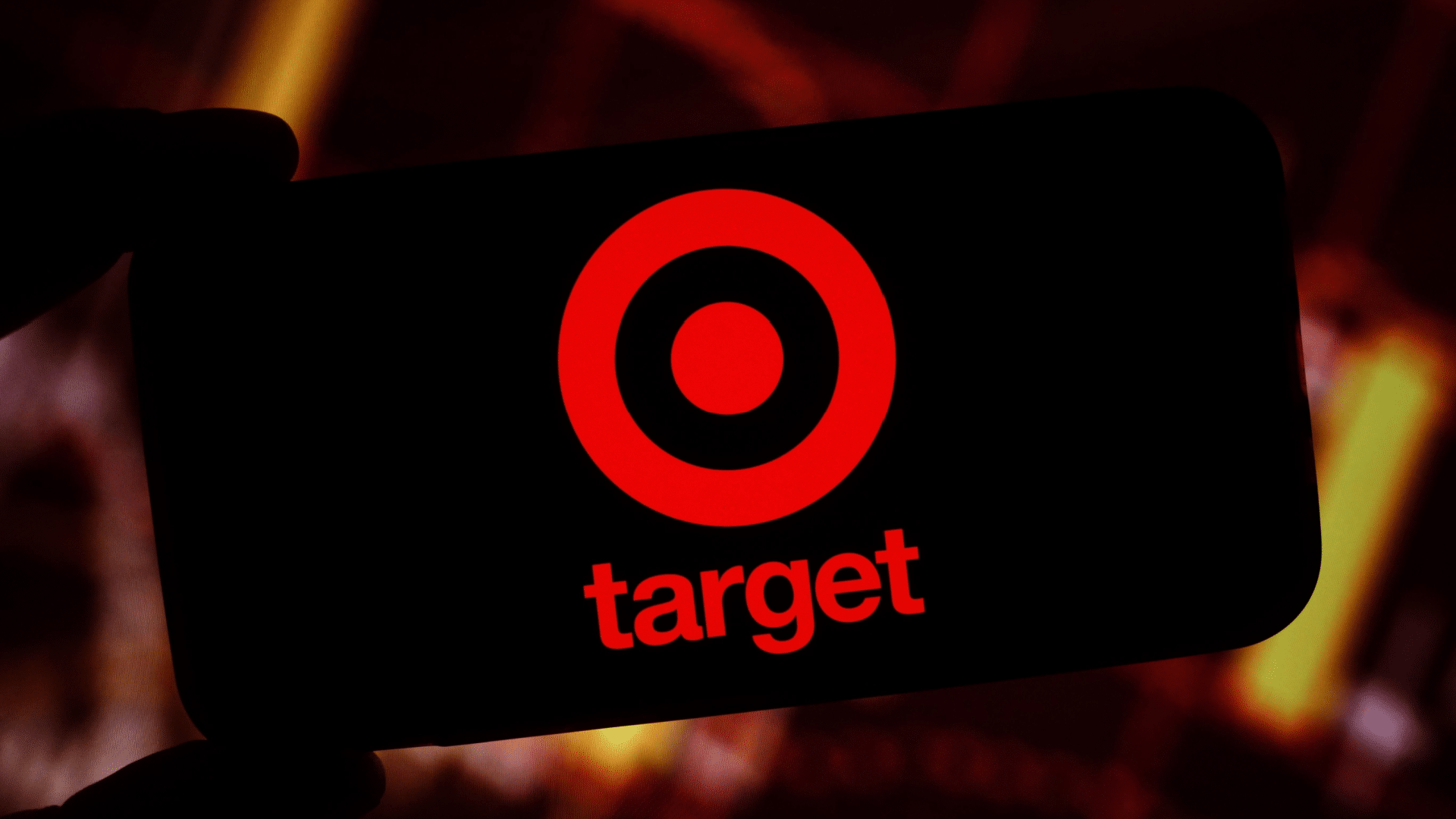Target’s decision to scale back its diversity, equity and inclusion (DEI) initiatives — including its flagship “Belonging at the Bullseye” program — feels like the ultimate irony. A company that built its reputation as a champion of inclusivity is now reversing course, signaling that those values were conditional.
The challenge of mixed messaging
For years, Target branded itself as a leader in inclusivity, launching programs to promote career growth for Black employees, elevate Black-owned businesses and support LGBTQ+ customers and staff. These initiatives aligned with Target’s values and attracted employees and consumers who shared those principles.
However, these same programs became targets for conservative activists and political leaders. They argue that DEI initiatives represent unconstitutional “preferences” based on race, gender or sexual orientation. Amid lawsuits and political pressure, including an executive order from President Trump to end DEI programs across federal agencies, Target is rolling back many public commitments.
In a recent employee memo, Target described a rollback in its DEI initiatives as part of a new strategic chapter focused on inclusivity. Yet, the absence of CEO Brian Cornell from the announcement raises questions about accountability, especially since he was in charge when these initiatives began. Kiera Fernandez, Target’s Chief Community Impact and Equity Officer, delivered the news, which creates a perception of strategic distance from leadership responsibility.
This is a stark contrast to Target’s earlier commitments following George Floyd’s death, during which Cornell promised significant investments in Black communities. The current rollback makes those past commitments appear contradictory, casting dobt on the authenticity of Target’s values.
While the company cites “evolving external landscapes” as justification, the lack of a clear roadmap for continuing any form of meaningful inclusivity undermines its credibility. If this rollback was part of a strategic pivot, Target would have shared a detailed plan to address the void left by these cutbacks. Instead, the abrupt nature of these changes suggests appeasement rather than progress.
In contrast, Chipotle’s CEO Brian Niccol, who now leads Starbucks, demonstrated accountability by engaging directly with the public on TikTok during crises. His leadership style — marked by direct involvement, transparency and visible plans — stands in stark contrast to Target’s current approach.
Dig deeper: The war on DEI is hitting marketing and hurting business
The backlash: A double-edged sword
Target’s rollback on DEI initiatives has ignited a strong backlash from progressive consumers and advocates. They perceive this move as a betrayal of the company’s previously upheld values.
The outrage surged on social media, especially TikTok, where hashtags like #BoycottTarget are trending. Many users criticize the brand for what they view as performative allyship — superficial commitments to diversity and social issues lacking genuine intent.
This performative allyship prioritizes public relations over authentic commitment to equity and inclusion. The backlash underscores a growing skepticism toward brands that fail to uphold their commitments.
This simultaneous backlash alienates dedicated customers and fails to satisfy critics, increasing the reputational risks for Target. The discontent among communities that once supported the brand reflects a broader demand for corporations to stay true to their principles, even under pressure.
Gradual change vs. performative allyship
One of the most striking issues with Target’s decision is how abrupt and reactionary it appears. It reflects a dangerous “black-and-white” approach to an issue as nuanced and deeply rooted as diversity and inclusion. Black-and-white thinking reduces complex issues to extremes, overlooking the nuanced truths in the gray areas. The notion that DEI efforts can be turned on and off like a switch demonstrates a fundamental disrespect for the complexity and importance of fostering equitable environments.
In reality, meaningful progress requires a nuanced, iterative approach. There are always shades of gray, but how Target has handled this rollback makes it feel like DEI initiatives were a binary choice — either fully embraced or entirely abandoned. This kind of thinking undermines trust and progress, leaving employees and customers feeling disillusioned.
If Target had a real plan beyond bowing to political pressures, it would have been transparent about it. A well-thought-out strategy would outline the next steps to continue supporting marginalized communities, even if certain programs were to evolve. Instead, the absence of a clear roadmap reveals a lack of genuine commitment, making it easy to read through the press release and see the truth: this rollback is about appeasement, not progress.
The ease of reversing policies and programs exposes their performative nature. They lack the depth required to build trust and often undermine progress, leaving employees and customers feeling disillusioned.
Dig deeper: How to move beyond performative segmentation and embrace authenticity
Learning from JPMorgan: Doing DEI right
Contrast this with the approach of JPMorgan Chase CEO Jamie Dimon, who maintained his commitment to diversity initiatives despite intense pressure. Dimon took a bold stance, affirming his belief that DEI efforts are not just about optics but sound business strategy.
Speaking at the World Economic Forum, he stated, “Bring them on,” in response to criticism, emphasizing the importance of reaching underrepresented communities to drive meaningful progress. Dimon’s actions show that DEI, when integrated into a company’s values and operations, can weather political and cultural challenges while fostering trust and loyalty.
JPMorgan’s $30 billion racial equity commitment, nearly completed as of 2024, is a testament to this sustained effort. Dimon’s approach demonstrates that DEI, when treated as an integrated part of business strategy, can weather political storms without sacrificing integrity or long-term goals.
Beyond public statements, JPMorgan implemented actionable programs, including investments in historically Black colleges and rural communities, as well as robust employee resource groups for Black, LGBTQ+ and differently-abled staff. These efforts are not presented as charitable acts but as essential strategies for business growth and talent acquisition.
Dimon’s stance also avoids the pitfalls of performative allyship. By embedding equity into JPMorgan’s operational strategy, he ensures these initiatives have lasting impact, even amidst shifting political and cultural climates.
A call for clarity and commitment
Target’s leadership — and corporate leaders more broadly — must recognize that neutrality is not an option in today’s divided landscape. Standing firm on values may invite criticism, but it also builds credibility and fosters genuine connection. Retreating from DEI efforts may offer short-term relief from backlash, but it comes at the cost of long-term trust and loyalty.
The lesson is simple: if inclusivity is truly a core belief, then it must be treated as non-negotiable. Brands must be transparent about challenges, double down on support for marginalized communities and clearly communicate why DEI is both a moral and business imperative. Anything less is a disservice to employees, customers and society at large.
Dig deeper: How to market in the age of outrage
Contributing authors are invited to create content for MarTech and are chosen for their expertise and contribution to the martech community. Our contributors work under the oversight of the editorial staff and contributions are checked for quality and relevance to our readers. The opinions they express are their own.
























































![Assessing the Winners of the Super Bowl Ad Blitz [Infographic] Assessing the Winners of the Super Bowl Ad Blitz [Infographic]](https://imgproxy.divecdn.com/kzzGkWf5O2q5NPX8no-8ErGd5bFiXZjPZlEp8PIZVsw/g:ce/rs:fit:770:435/Z3M6Ly9kaXZlc2l0ZS1zdG9yYWdlL2RpdmVpbWFnZS9zZW1ydXNoX3N1cGVyX2Jvd2xfMjAyNTIucG5n.webp)













